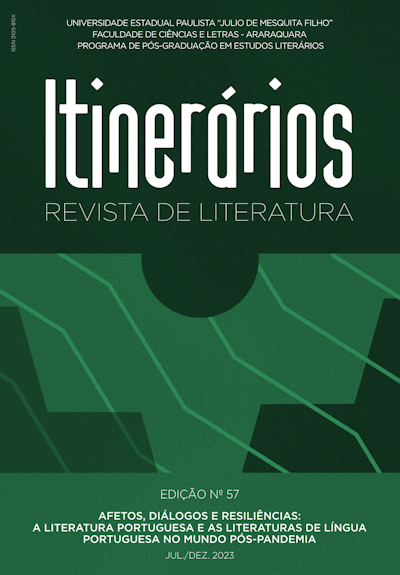“This our Portugal”
Literature, identity and nation in Memórias do Cárcere, by Camilo Castelo Branco
DOI:
https://doi.org/10.58943/irl.v1i57.18762Keywords:
Nação, Identidade, Literatura Oitocentista, Camilo Castelo BrancoAbstract
The concept of representation, according to Chartier, is based on two distinct realities, but which interpenetrate each other. One concerns collective identities, rites, the ways in which social institutions are based. The other refers to the identity of the subject, the forms of individual display and the evaluation of that individual by the group. If representing means giving visibility to the other, historically, it has also meant silencing the other. Literature as an instrument for questioning dominant representations, obviously, also projects, maintains and subverts individual and collective identities. In his Memórias do Cárcere, Camilo Castelo Branco, very attentive to the contradictions of the liberal and capitalist State, demonstrated the constant debate between conservative forces and individual rights. From the point of view of the excluded, the Portuguese writer presents an overview of Liberalism in the Portugal of Regeneration, but always permeated by impressions, imaginations, and a lot of irony. When writing about the route of his escape to the interior of the country and about the period of his imprisonment in the Cadeia da Relação, in his Memoirs, Camilo also questions and discusses various literary representations of the Portuguese homeland and its people.
Downloads
Published
Versions
- 11/06/2024 (2)
- 06/03/2024 (1)
Issue
Section
License
Os manuscritos aceitos e publicados são de propriedade da revista Itinerários. É vedada a submissão integral ou parcial do manuscrito a qualquer outro periódico. A responsabilidade do conteúdo dos artigos é exclusiva dos autores. É vedada a tradução para outro idioma sem a autorização escrita do Editor ouvida a Comissão Editorial.

